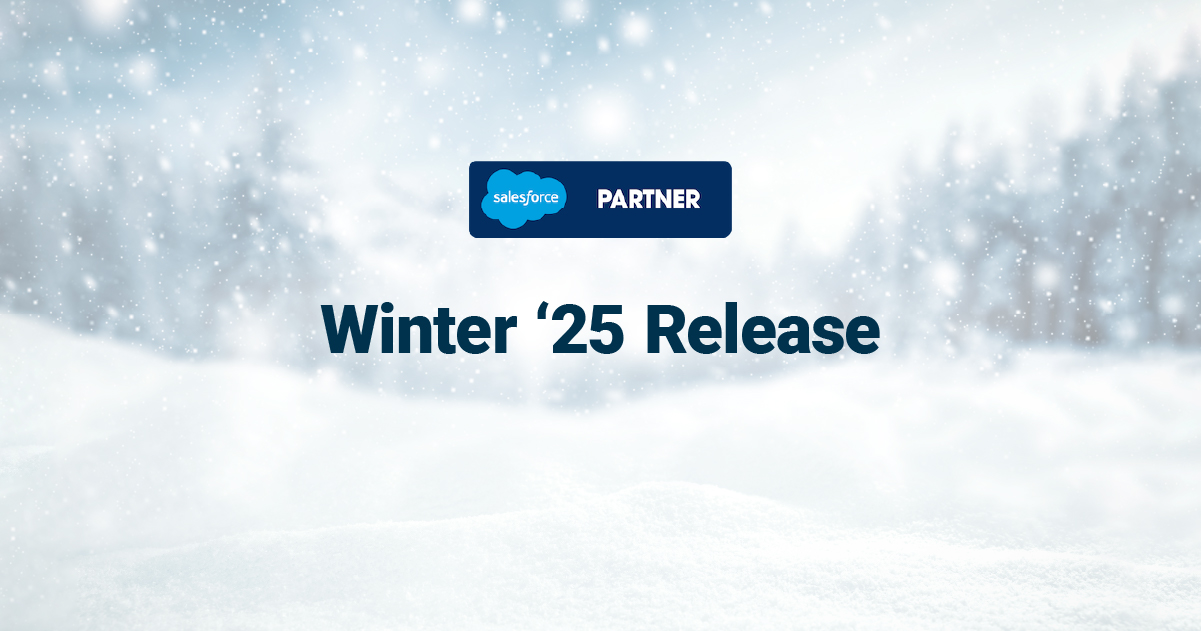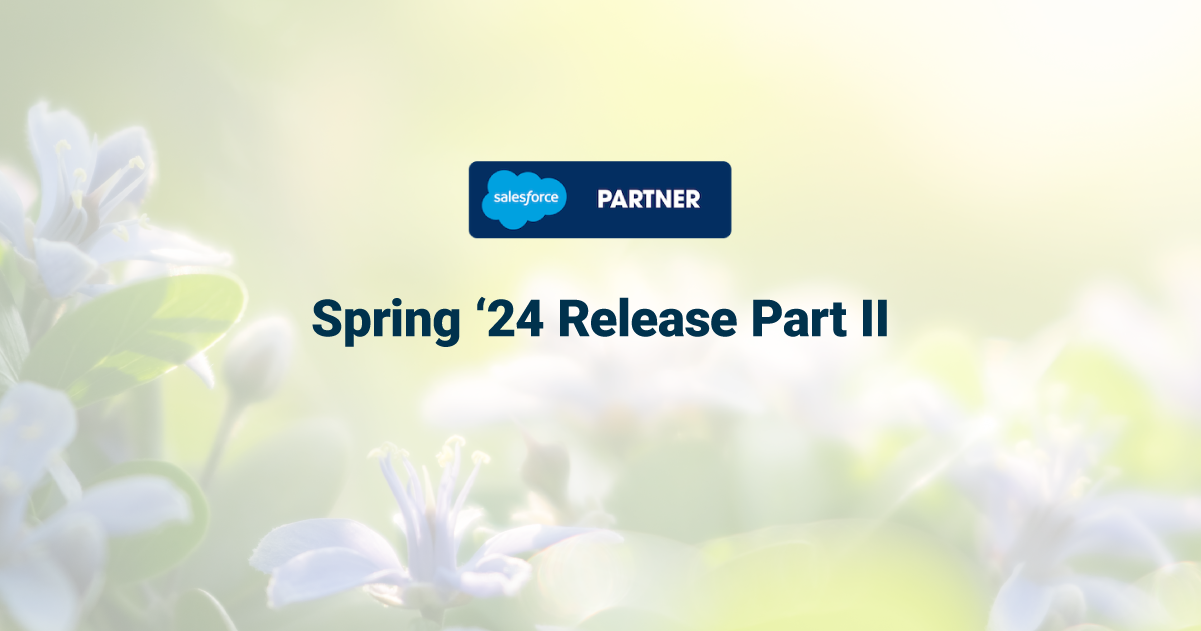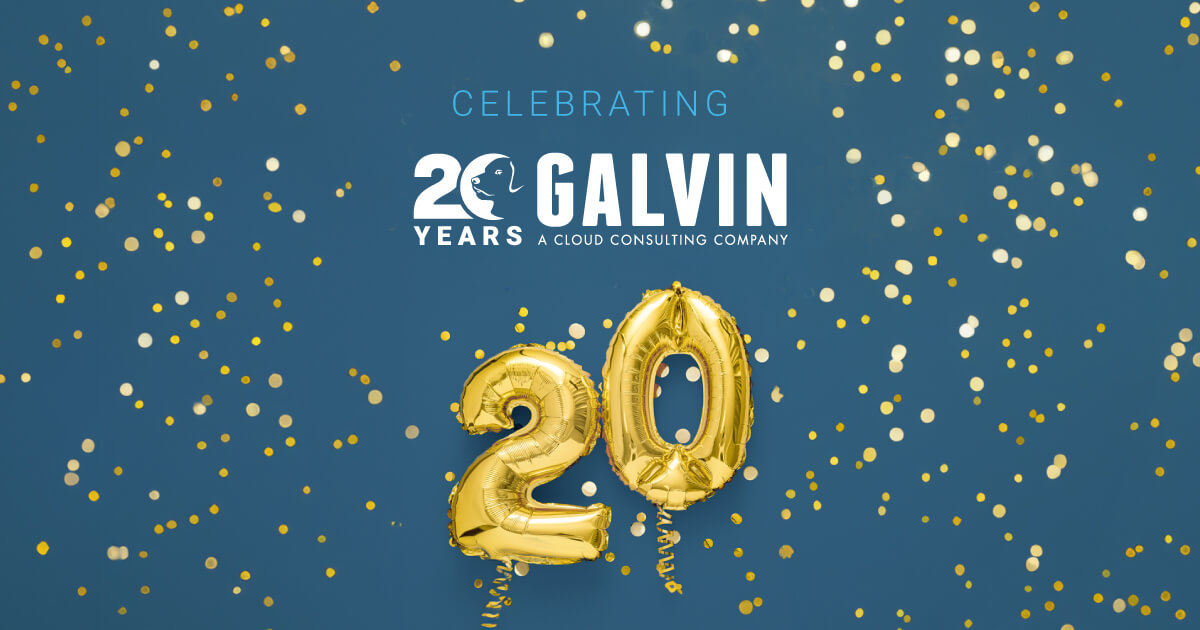One Common Problem with Salesforce Data
For most of my professional career I have made it a point to go for a run when I find myself in a new city. Fitness and health benefits aside I believe that the best way to explore a new city is with a pair of running shoes. You can learn a lot about a city as you explore the paths, trails, and roadways while on foot.
Last week while I was packing for a business trip I noticed my running gear had morphed from just a pair of running shoes to a small duffle bag that included a watch, an MP3 player, headphones, an emergency ID bracelet, a headlamp, and a water bottle. Until that moment I had not realized how many items I ‘needed’ before I could go run. Although each one had a very specific purpose, the summation of all the items had become overwhelming and burdensome.
I routinely see similar scenarios during Custom Relationship Management (“CRM”) projects. When I ask clients what type of information they, in a perfect world, would like to know about their prospects and customers their response is always “as much as possible”. While I understand their desire to capture and maintain comprehensive information about customers, there is something to be said about taking a minimalist approach to data collection.
Would it be great to know that name of a customer’s secretary? Absolutely! Would there ever be a time when knowing a customer’s birthday could be helpful? Sure. Would it be useful to know what hobbies your customer has? That’s starting to push the envelope a little bit. Should we capture a customer’s favorite type of coffee? Their favorite restaurant? Their pet’s name? Of course an argument could be made for capturing this information, but this much information could quickly become overwhelming and burdensome.
I believe many business have a habit of collecting too much information about their customers under the premise that the information may one day prove to be useful. This practice is commonly referred to within the industry as “field hoarding” ). The reality is that while data is an extremely powerful tool in business, too much data can rapidly become a burden.
After staring at all of my running gear for a few minutes, I tossed everything aside except for one essential item, my running shoes, and one non-essential item, my watch. I did not throw the extra items away, instead I just put them in the closet knowing that one day I might need them again. I recommend that from time to time all businesses do the same thing with their CRM systems. Spend a few minutes reviewing the information that you are capturing about your accounts, contacts, and opportunities. Prioritize the critical pieces of information and hide the lower priority items. I am confident that this practice will make your system easier to maintain, your data more concise, and your interactions with your customers more engaging.
Earlier I said that you can learn a lot about a city as you explore the paths, trails, and roadways while on foot. The same premise applies to interactions with your prospects and customers. You can learn a lot as you explore their wants, needs, and objectives without the burden of too much data.
And that run? It went perfectly!










